When we turn the corner on the COVID-19 health crisis, Canada will make a once-in-a-generation investment in economic recovery. That investment needs to kick start growth and jobs right away, while also continuing Canada’s progress toward building a stronger, cleaner economy.
Just like we did following the 2009 Great Recession, Smart Prosperity Institute is investigating how Canada’s stimulus spending can support a low-carbon, resource-efficient and sustainable economic recovery.
The Smart Stimulus Project features regular articles and analysis from our world-leading international research network, business and civil society CEOs, and in-house experts.
- Have you got insights or analysis to contribute? Contact us for our guidelines
- Want to connect with our network of experts? Reach out now
- Are you a researcher? We are funding research in this area
- Sign-up for our Monthly Update
Latest Analysis and Insights:
- Guest Blog: Greening the Economic Recovery | Guest post by Edward B. Barbier | July 14, 2020
We should use the post-pandemic recovery to decarbonize the world economy through affordable and workable policies.
- Canada’s recovery needs experimentalist governance and flexible regulations | By Nathan Lemphers and David Wolfe | July 7, 2020
More experimentalist approaches to governance and more flexible regulations are required to meet the challenge of economic recovery.
- Resilience and Renewal: Principles of Circularity for Post-COVID Recovery | By Stephanie Cairns and Alice Irene Whittaker | June 29, 2020
As we build post-COVID economies and societies, everyone will benefit if we are relentless in our continued curiosity about, and commitment to, resilience and renewal.
-
Guest Blog: Government investments can smooth worker transitions in a green economy, but must be used carefully | Guest Post by David Popp | June 25, 2020
As Canada transitions to a zero-emission economy, workers will be affected in different ways. Our research provides evidence of how government investments can help workers affected by environmental regulation.
- Guest Blog: How Natural Infrastructure Can Help Stimulate a Green Recovery | Guest Post by Vanessa Nim & Michael Young | June 15, 2020
By investing in natural infrastructure and natural asset management we can create stable, full-time jobs for local workers and save municipalities money now, while also protecting ecological assets and offering relief to municipal budgets for a smart, clean future.
- Now that we’ve defined it, how do we measure and track a resilient recovery? | By John McNally | June 12, 2020
Canada needs to plan now to ensure its recovery actually supports resilience, sustainability and equity by closely measuring the effects of policies on recovery outcomes.
- Will COVID Recovery Be a Tipping Point for the Circular Economy? | By Stephanie Cairns and Alice Irene Whittaker | June 7, 2020
Might the shocks of the current global pandemic and economic slowdown to the socio-economic system present a tipping point and acceleration towards a circular economy?
- Carbon pricing isn’t enough to drive a green recovery. Here’s why | John McNally | June 2, 2020
Canada will need stimulus spending, and it should drive investment and jobs in green opportunities.
- Through the COVID Looking Glass - 12 Design Principles for Winning the Peace | Guest Post by Jeremy Oppenheim | May 21, 2020
This post supports the work of the Task Force for a Resilient Recovery.
- The Resilient Recovery Framework | May 19, 2020
SPI submitted the Resilient Recovery Framework to the Task Force for a Resilient Recovery on May 19. It proposes assessing government recovery measures against nine criteria.
- Pilot projects are a smart place to put stimulus dollars | John McNally | May 12, 2020
The federal government should put money behind piloting promising solutions that offer tangible benefits, de-risk future investment and create new markets for jobs for unemployed and underemployed young people.
- Not Your Average Recession - Analysis of the April Labour Force Survey | Mike Moffatt & John McNally | May 8, 2020
Today’s release of the April Labour Force Survey data confirms that this economic downturn is unlike anything we have ever seen before in Canada. As such, it will require a new way of thinking and a new set of tools to combat the recession.
- 3 Ingredients for Smart Stimulus | Stewart Elgie and John McNally | April 30, 2020
We are about to make a once-in-a-generation investment in rebuilding Canada’s economy. Using this tool, we can help make sure those stimulus dollars are used to make smart investments in Canada’s present and future.
- Eight conditions Canada should attach to upcoming oil and gas bail-outs | John McNally and Mike Moffatt | April 22, 2020
If additional federal aid is given, it should come with strings attached that help Canada’s oil and gas sector become more resilient to price shocks and to support its transition to a low-carbon economy.
- What could a “just transition” look like for fossil fuel dependent regions? | Sandeep Pai, Kathryn Harrison and Hisham Zerriffi | April 17, 2020
It is especially timely to consider the call for “just transition” plans, which seek to ensure fossil fuel-dependent communities and workers are not left behind.
- Should we bail out the old, or bail in the new? | Carolyn Fischer | April 15, 2020
As industry groups head to Ottawa and the provincial capitals for help, we need to make sure this unprecedented aid aims not just to help everyone get by, but also to help transition to a sustainable and prosperous future.
- What Canada's Covid-19 economic stimulus plan should look like when it comes | Stewart Elgie | April 14, 2020
Three lessons for stimulating a smart, post-COVID economic recovery that puts people to work today building the economy of tomorrow.
- Ottawa’s bail-outs need to help airline and oil and gas sectors grow greener | Mike Moffatt and John McNally | April 8, 2020
If done right, the federal government can use bail-out support for struggling industries to help them preserve jobs today and meet their goals for future success in a low-carbon economy.
- Supply chains are being tested by COVID-19. Next up: the climate test | Katherine Monahan | April 7, 2020
Building resilience in our supply chains will help prepare Canada for the next pandemic, as well as the effects of climate change.
- COVID-19 could cause a dip in global emissions. Here’s why we shouldn’t celebrate | Eric Campbell | March 31, 2020
When we emerge from this health crisis, let’s turn our minds to a green economic recovery, and to how we can turn a blip into a long-term trend. Until that happens, let’s put the celebratory champagne on ice.
- Green stimulus offers Canada a way forward for escaping the next recession | John McNally | March 26, 2020
Canada’s stimulus spending needs to be green, targeting low-carbon investments that offer productivity benefits and long-term stable employment in addition to progress toward building a cleaner economy.
Smart Prosperity Institute is pleased to be a partner of the Task Force for a Resilient Recovery

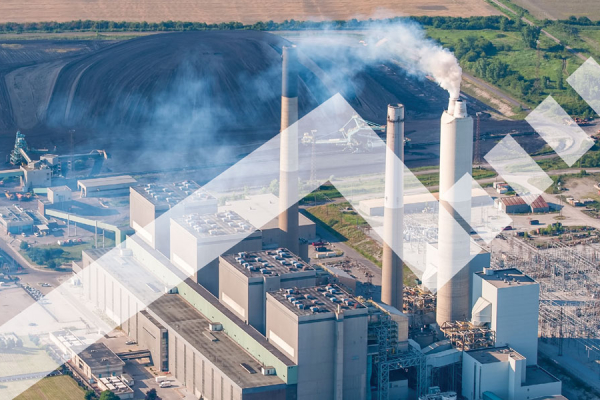


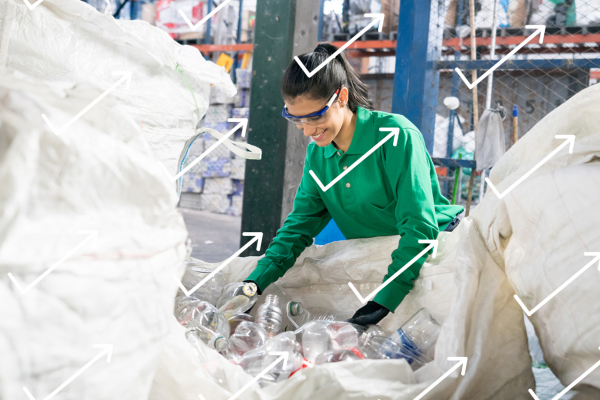

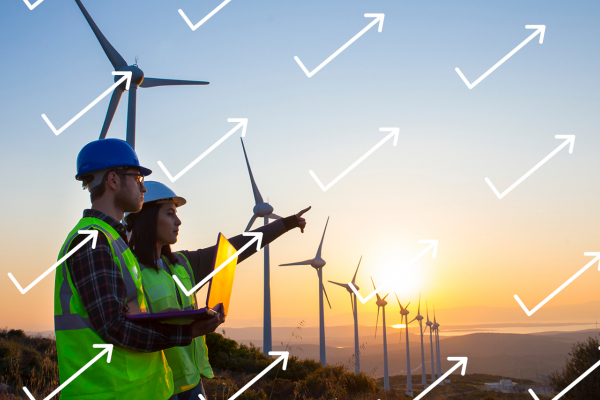
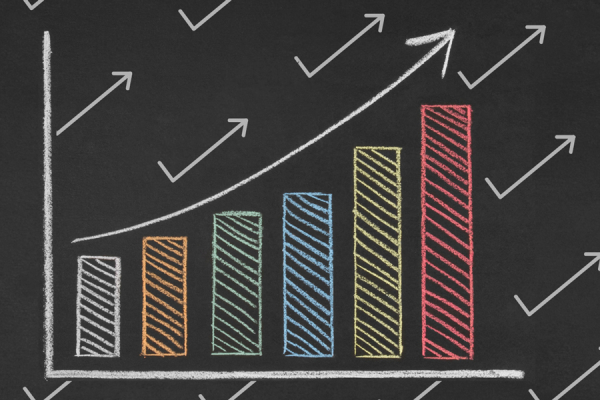
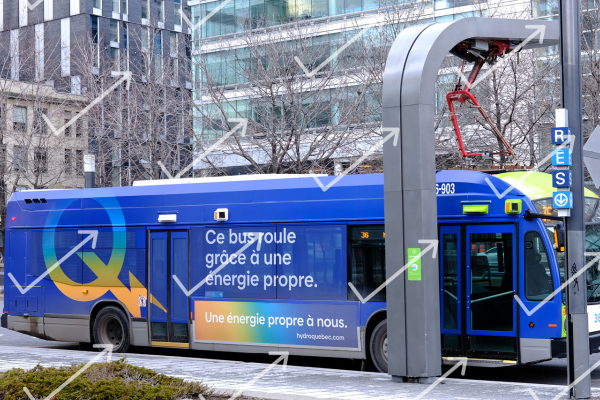
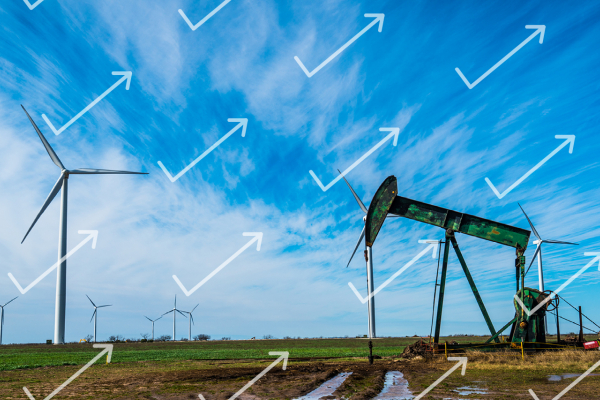
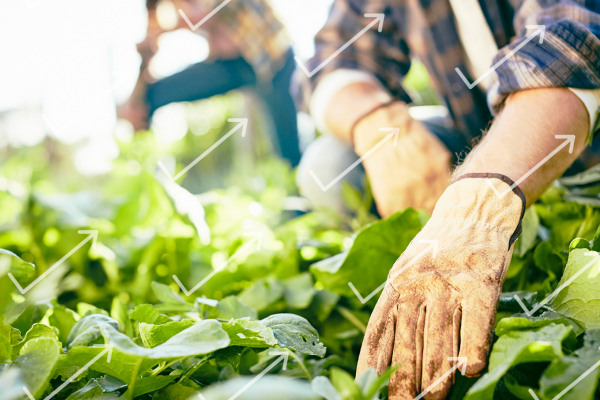
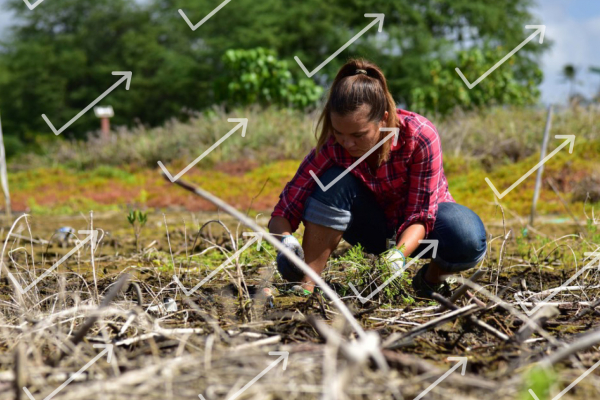
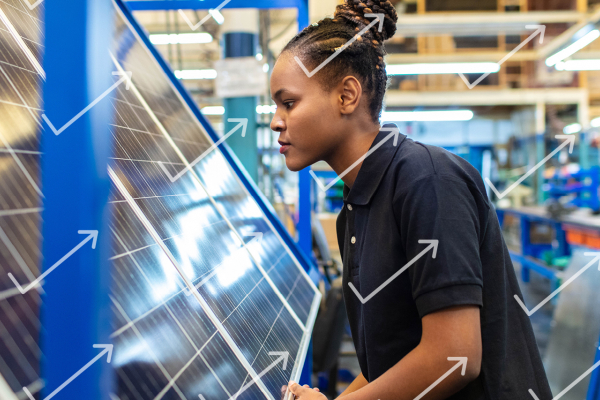

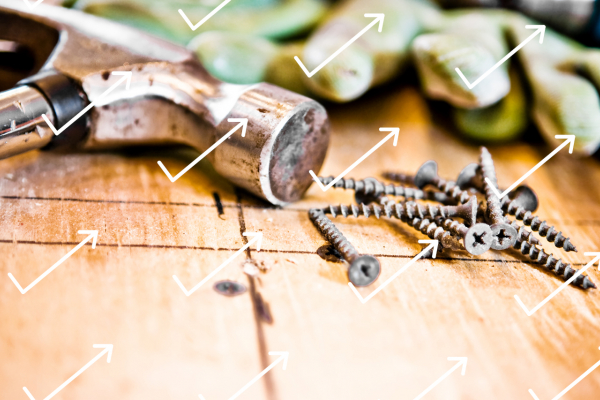
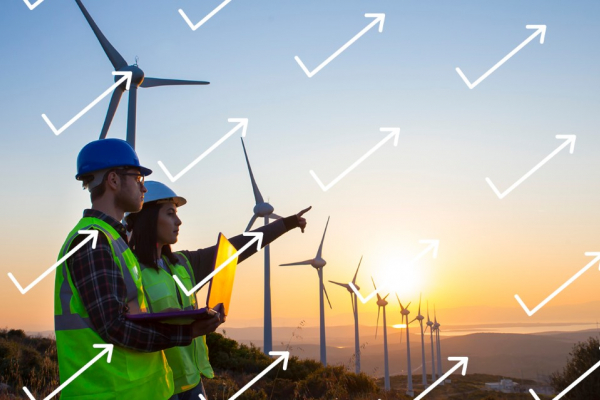
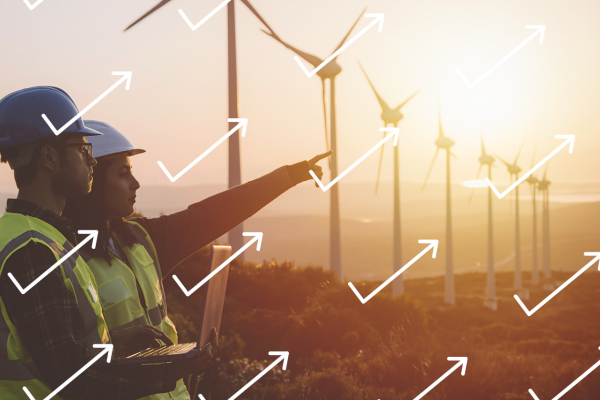

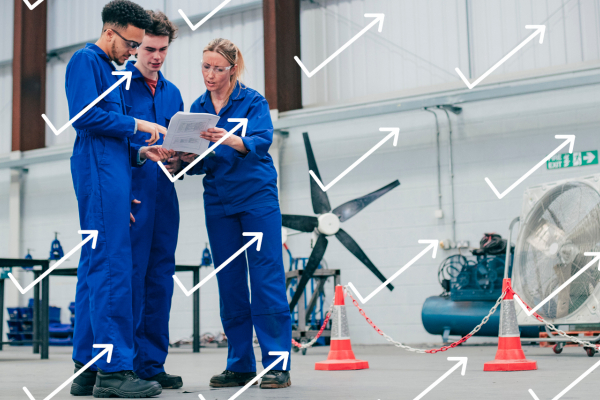
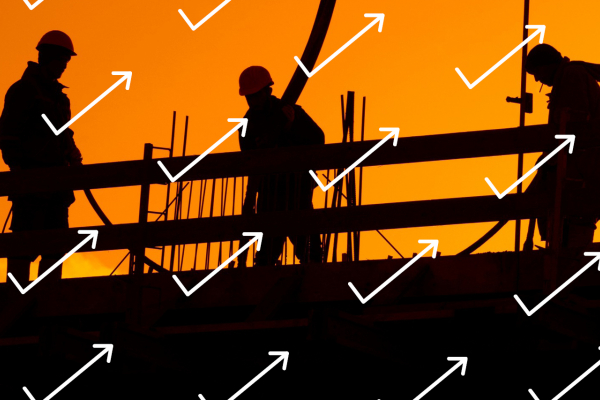
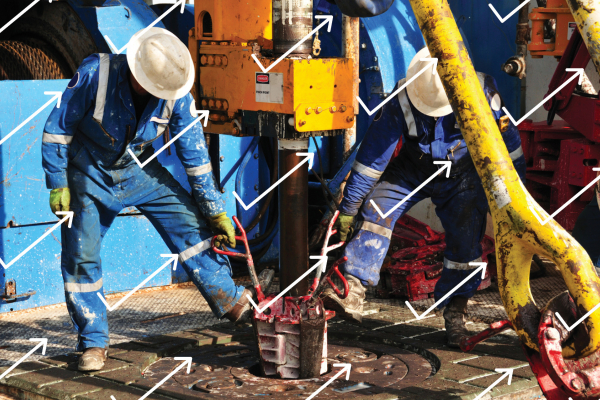


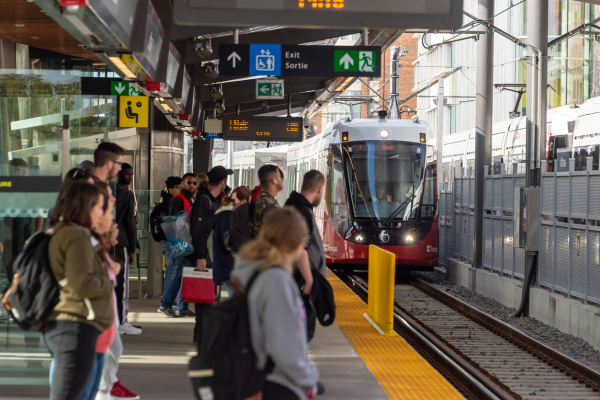
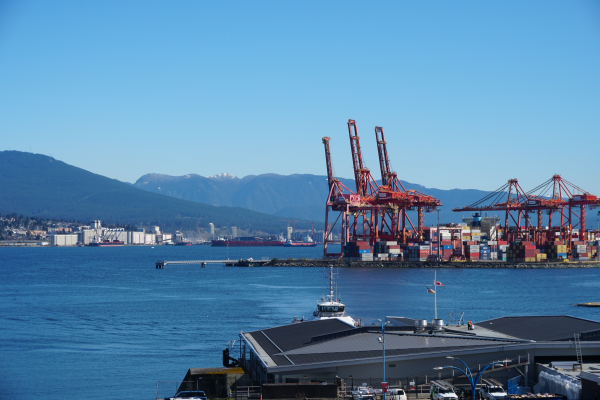
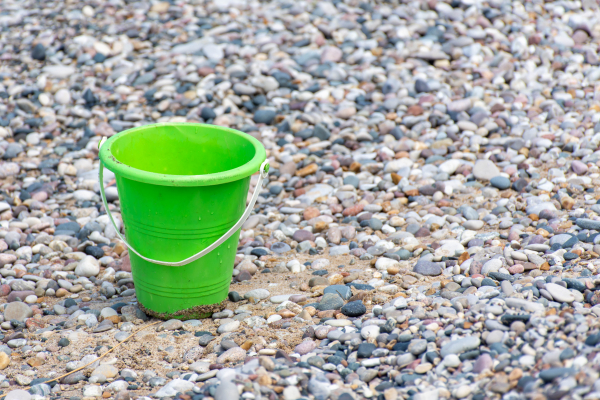
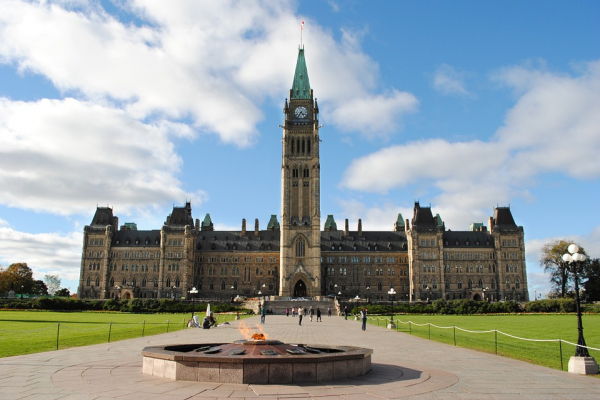
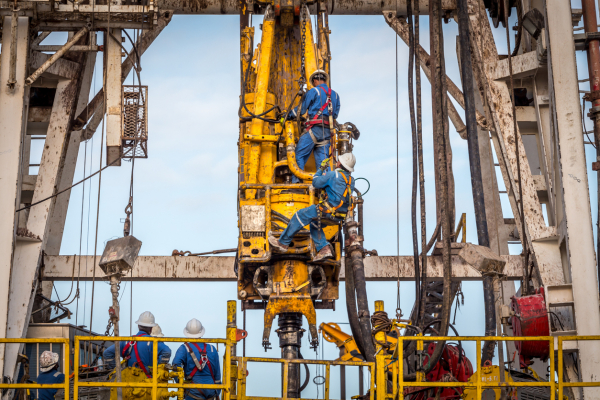

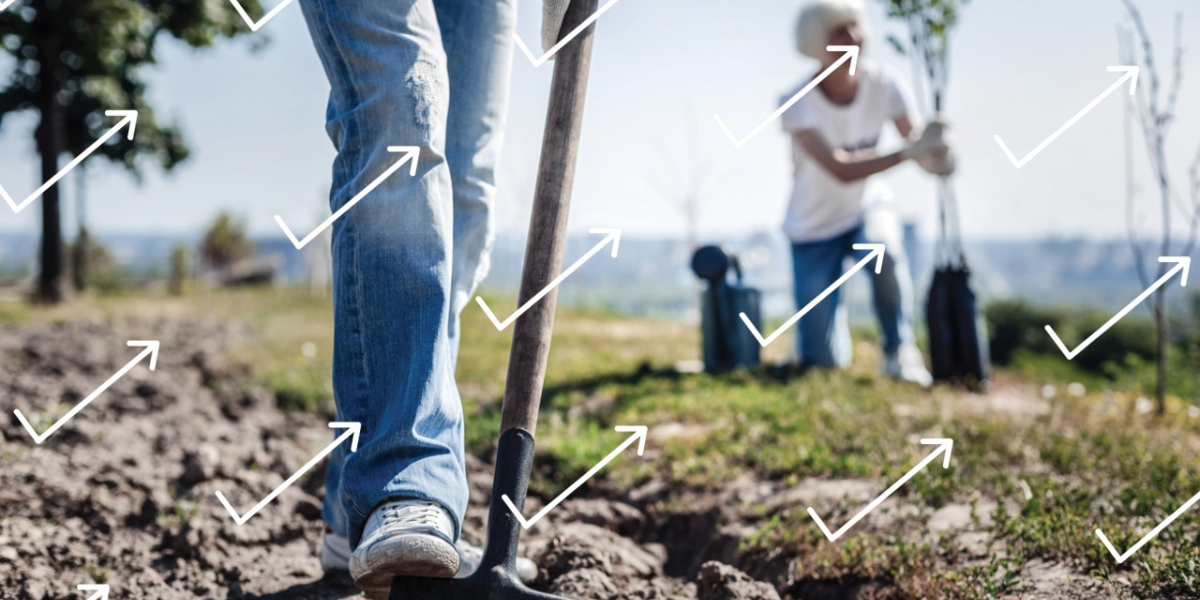
.png)
